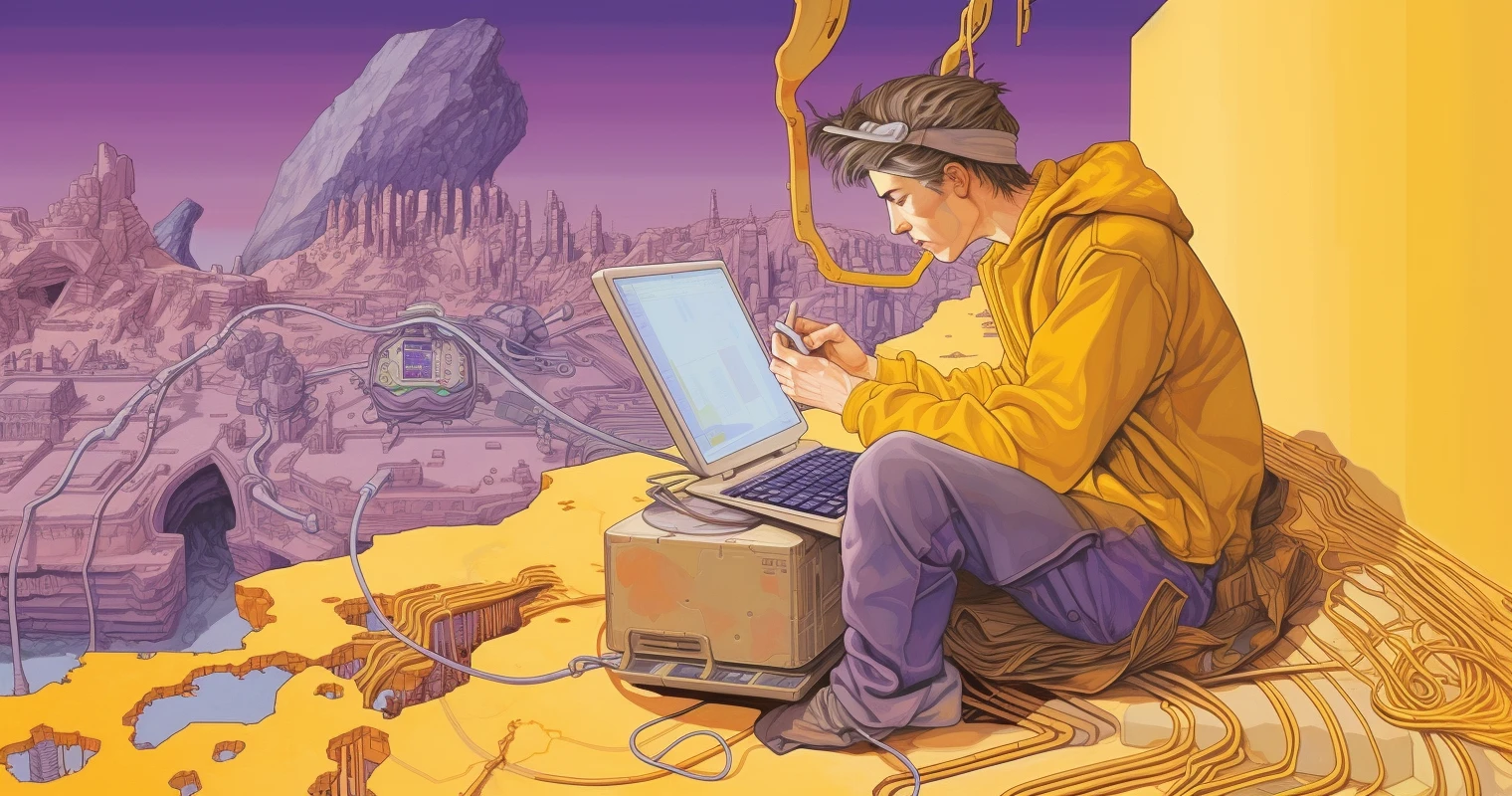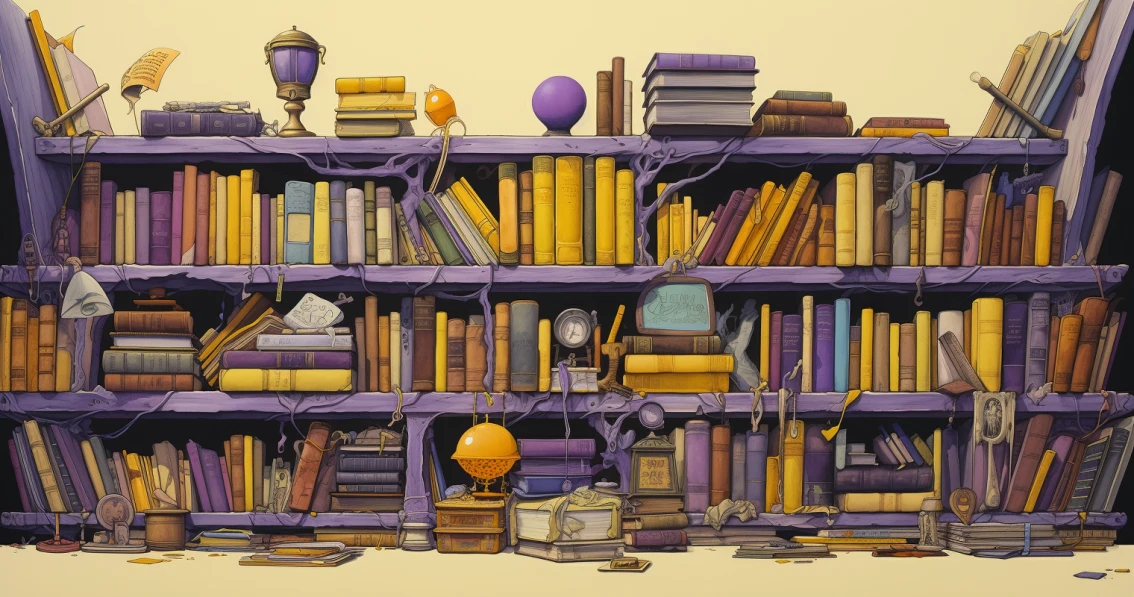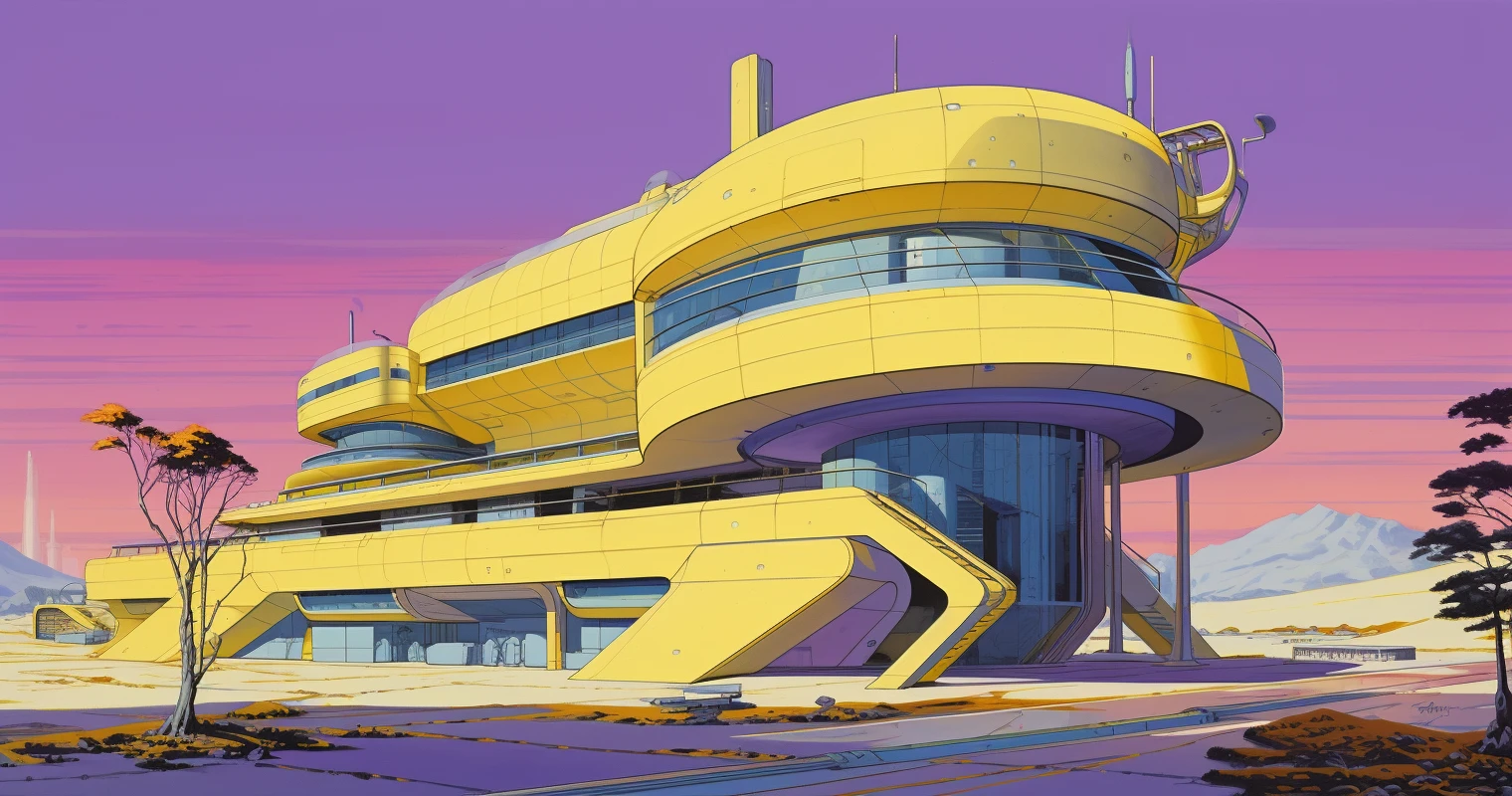Dreaming of creating your own video games but worried about not having experience or a degree?
Don’t let that hold you back.
A career in game development has never been more accessible, with countless resources and tools available to help beginners. Whether you’re passionate about stories, coding game mechanics, creating visuals, or composing soundtracks, there’s a path for you.
This guide will show you how to get into game development step-by-step.
From understanding the basics to building your first game, learning through online resources, and creating a portfolio, you’ll find practical advice to help you start and grow in this exciting field. With dedication and curiosity, you can turn your game development dreams into reality and maybe even start your own business.
Let’s get started!
1. Understand the Basics of Game Development
If you want to get into game development, you first must understand the basics and how it all comes together. By basics, I mean things like game design, programming, art, animation, and sound design.

Game Design
To start your journey, immerse yourself in the fundamentals of game design. This involves learning how games are conceptualized and brought to life.
Begin by studying the core components of game design:
Coming Up with a Game Concept
Explore how game ideas are born and developed.
This includes understanding game mechanics—the rules and systems that make the game function. Investigate the role of a narrative or story and how to create engaging player experiences.
Player Psychology
Dive into the psychology behind why games are enjoyable. Learn about what motivates players, the types of challenges they enjoy, and how to create engaging and rewarding experiences.
Concepts such as game loops, rewards systems, and difficulty balancing are key here.
Programming
Programming is the backbone of game development. As you get started, familiarize yourself with the basics of coding:
Core Languages
Learn about the programming languages most commonly used in game development.
C# is widely used with Unity, C++ is essential for Unreal Engine, and Python is great for scripting and prototyping.
Each language has its strengths and learning them opens doors to different game development environments.
Development Environments
Get to know Integrated Development Environments (IDEs) like Visual Studio for C# and C++, or PyCharm for Python. These tools provide the necessary features to write, debug, and compile code efficiently.

Art and Animation
Visual elements are crucial in making a game appealing. If you want to get into game development, you should explore the artistic side of game development.
2D and 3D Art
Understand the basics of creating both 2D and 3D art. This includes learning about character design, environment art, and user interface (UI) design. Tools like Adobe Photoshop for 2D art or Blender for 3D modeling can be incredibly helpful.
Character Design and Animation
Study how characters are designed and brought to life through animation. Learn the principles of movement and how to create animations that make characters feel alive and responsive within a game.
Sound Design
Sound effects and music play a vital role in enhancing the gaming experience. Explore the auditory aspects of game development:
Audio Fundamentals
Learn about sound effects, voiceovers, and music, and how they contribute to the atmosphere and emotional impact of a game.
Tools like Audacity for sound editing and digital audio workstations (DAWs) like FL Studio for music production are excellent starting points.
2. Choose a Starting Point
Now that you’ve explored the game development basics, you should decide which direction to go in.
Decide Your Focus
Identify which aspect of game development excites you the most.
You might be drawn to programming, captivated by the artistic elements, interested in designing intricate game mechanics, or fascinated by sound design.
Pinpointing your primary interest will help you focus your learning efforts effectively.
Start Small
Begin with small, manageable projects to build your confidence and foundational skills. Creating simple games such as Pong or Tetris is an excellent way to start. These projects can teach you the essentials of game development without overwhelming you. As you gain experience, gradually tackle more complex projects.

3. Learn Through Online Resources
Leverage the vast array of online resources available to you. There are countless free and paid tutorials, courses, and guides that can teach you the ins and outs of game development.
Here are some examples.
YouTube
Explore channels dedicated to game development. They offer tutorials on everything from basic programming to advanced game design techniques.
For example, Brackeys, Game Maker’s Toolkit, and Extra Credits.
Online Courses
Platforms like Coursera, Udemy, and Khan Academy offer structured courses that can guide you through various aspects of game development. Specialized sites like GameDev.tv and Udacity also provide focused learning paths for anybody who wants to get into game development.

4. Get Familiar with Game Engines
Game engines are software platforms that provide the tools and frameworks necessary for creating games. Familiarize yourself with popular game engines such as Unity, Unreal Engine, and Godot:
Unity
Unity is for its versatility and strong community support and is great for both 2D and 3D game development. It uses C# for scripting.
However, there are plenty of great Unity alternatives like Unreal Engine and Godot.
Unreal Engine
Ideal for high-fidelity graphics and complex games, Unreal Engine uses C++ and offers powerful tools for game development.
Godot
An open-source game engine that’s growing in popularity, Godot is accessible for beginners and supports both 2D and 3D games with a user-friendly interface.

5. Practice Regularly
Next up, it’s time to start practicing and working on some projects.
Build Small Games
Apply what you learn by creating small, manageable games. These projects will help you understand the game development process and give you practical experience in implementing game mechanics, programming, and design elements.
Game Jams
Participate in game jams—events where you create a game within a limited timeframe.
These events, such as Ludum Dare or Global Game Jam, challenge you to quickly conceptualize and develop a game, often with a specific theme or constraint. They are excellent opportunities to push your creative boundaries and collaborate with others.
Join Communities
Engage with online communities dedicated to game development. Platforms like Reddit, Discord, and specialized forums offer spaces where you can share your work, receive feedback, and learn from other developers.
These communities are invaluable for networking, finding collaborators, and staying motivated.

6. Expand Your Knowledge and Skills
If you want to get into game development, you should constantly be learning new things and expanding your knowledge base.
Read Books and Blogs
Immerse yourself in books on game development and design.
I recommend books like “The Art of Game Design” by Jesse Schell and “Game Programming Patterns” by Robert Nystrom. Both provide deep insights into game creation and coding techniques.
Blogs and websites dedicated to game development can also keep you updated with the latest trends and practices.
Experiment with Different Genres and Tools
Broaden your skill set by experimenting with games in various genres and using different development tools. This will give you a well-rounded understanding of game design and help you discover which genres and tools you enjoy working with the most.
Learn Advanced Topics
Once you’re comfortable with the basics, start exploring more complex subjects. Get into physics simulations to understand how to create realistic movements and interactions in your games.
Study AI programming to make intelligent, responsive in-game characters. Learn about advanced graphics techniques to enhance the visual quality of your games.
7. Build a Portfolio
It’s a wise idea to start building your portfolio – here’s how to do it.
Document Your Projects
Keep a detailed record of all your projects. Documenting your work not only showcases your skills and progression but also provides a portfolio that you can present to potential employers or collaborators.
Each project, no matter how small, demonstrates your ability to take an idea from concept to completion.
Create a Personal Website
Host your portfolio on a personal website. A well-designed website can serve as a central hub for all your work, making it easier for others to view and appreciate your projects.
Include detailed descriptions, screenshots, and playable demos of your games.
Contribute to Open Source
Join open-source game projects to gain valuable experience and increase your visibility in the game development community. Contributing to open-source projects can also help you build connections and learn from experienced developers.
8. Network with Other Developers

Attend Meetups and Conferences
Participate in local and online events where game developers gather. Meetups, conferences, and industry events are great opportunities to meet other developers, learn from experts, and stay updated on the latest trends and technologies in game development.
Collaborate on Projects
Work with other developers to create games. Collaboration not only helps you learn new skills and techniques but also expands your network within the industry.
Being part of a team can provide insights into different aspects of game development and expose you to new ways of thinking and problem-solving.
9. Consider Formal Education (Optional)

Self-Study Programs
Structured self-study programs or bootcamps offer comprehensive education in game development without requiring a traditional degree. These programs often provide focused learning experiences and can be a great option for those looking to gain practical skills quickly.
Online Degrees and Certificates
If you prefer a more formal approach, consider pursuing an online degree or certificate in game development. Many institutions offer flexible online programs that allow you to study at your own pace while gaining a solid foundation in the principles and practices of game development.
10. Keep Up with Industry Trends
If you’re serious about game development, you need to know what’s going on in the industry.
Follow Industry News
Stay updated with the latest news and trends in the game development world.
Websites like Gamasutra, Polygon, and Game Developer provide industry insights, articles, and updates that can keep you informed about what’s happening in the field.
Play and Analyze Games
Play a wide variety of games to understand what makes them enjoyable or unique.
Analyze different aspects of the games you play—such as mechanics, design, storytelling, and user experience. This can give you ideas and inspiration for your own projects and help you understand what works well in a game.
11. Prepare for Job Applications

Resume and Cover Letter
When you’re ready to apply for jobs, work on your resume and cover letter to highlight your relevant skills and experiences. Emphasize the projects you’ve completed, the skills you’ve acquired, and how they relate to the roles you’re applying for.
Job Boards
Search for job openings on general job boards like Indeed and Glassdoor, as well as specialized game development boards like Gamasutra Jobs.
These platforms often list a variety of positions in the game development industry, from entry-level to advanced roles.
Freelancing
Consider starting with freelance projects to gain experience and build your portfolio. Freelancing allows you to work on diverse projects, develop your skills, and make a name for yourself in the industry.
Platforms like Upwork, Freelancer, and Fiverr can be good places to find freelance opportunities.
Final Thoughts on How to Get into Game Development
And there you have it – a practical guide on how to get into game development. For more resources on game development for beginners, follow our blog!



![Mobile App Market Growth, Size, and Share [2026 Report]](/static/231d355e4558e7604b3988968bd48b56/0ccb9/mobile-app-market.png)



Comments